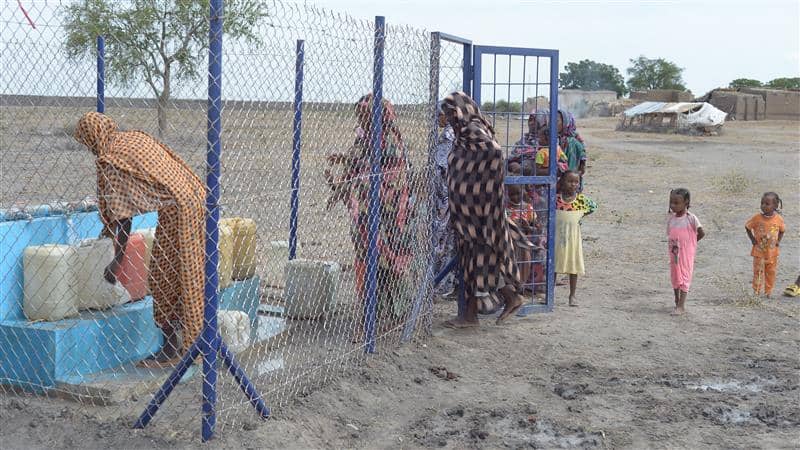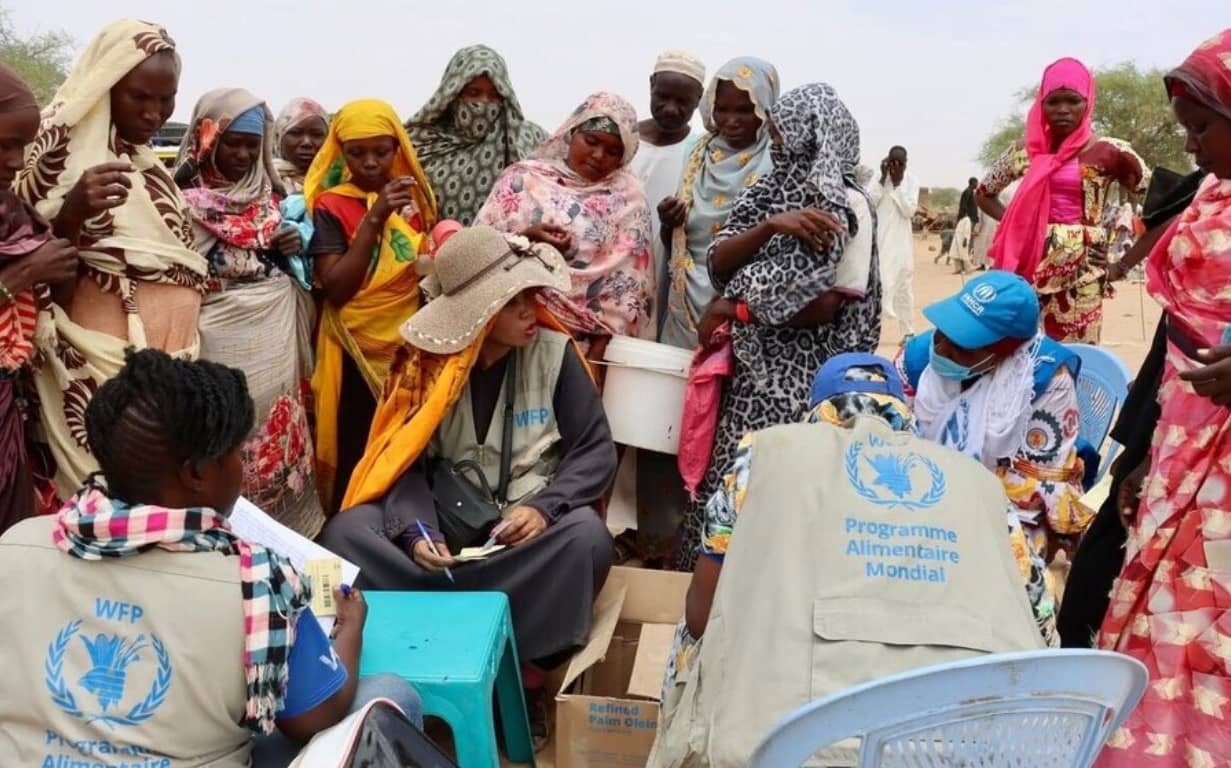YAOUNDÉ, Cameroon – President Cyril Ramaphosa of South Africa will deliver his first state of the nation address in his second term on June 20.
This year’s event will be a lower-key affair, with the budget cut by 47 percent, including the removal of the traditional praise singer, known as imbongi, and the absence of the junior guard and civil guard of honor.
The waste-cutting was praised by Father Peter John Pearson, head of the Parliamentary Liaison Office of the Southern African Catholic Bishops’ Conference.
He told Crux the Ramaphosa government was “definitely striking the right course and no one doubts his goodwill.”
“It is interesting to note that in line with the cost-cutting of legislatures, one provincial legislature has scrapped an official big opening and others have followed that example of the president. So the effects are beginning to show… examples can give rise to it becoming a norm. This is certainly what we hope for in South Africa,” the priest said.
Ramaphosa took over after the decade-long rule of Jacob Zuma, with the former president widely criticized for running a highly corrupt government. Corruption costs the South African GDP nearly $2 billion annually, and contributes to the loss of 76,000 potential jobs, according to the Ministry of Economic Development.
In the wake of Ramaphosa’s re-election in May, the Catholic bishops called on the president to show resolve in the fight against corruption.
“Now that the election is over, we expect the president of our nation to dispense with the politics of expediency and show a firm hand in dealing with those implicated in corruption and state capture,” the bishops wrote.
Ramaphosa has seemed to heed that call. He has empowered law enforcement agencies to arrest officials if overwhelming evidence of wrongdoing emerges against them.
“This has been evidenced in the number of sackings of former cabinet ministers in the recent cabinet announcement as well as the one when he took over,” Pearson told Crux.
Ramaphosa is more popular than his party. He won 57 percent of the vote, even though the African National Congress (ANC) lost 19 seats in the South African parliament to the Economic Freedom Fighters, a radical leftwing offshoot of the ANC.
“It is clear that he is the people’s choice if you look at the election results in this sense that his party even with a decreased majority nationally, showed a better national result than the various provincial results, meaning that people voted for him nationally but not for the ANC provincially,” Pearson said.
With this mandate, the priest said Ramaphosa can take on corrupt officials without fear or favor.
“There are at least three important commissions of enquiry into aspects of corruption on the go at the moment. You can’t turn back the clock on what is emerging from those commissions and he has created mechanisms within the law enforcement agencies to deal with the outcomes. That is a huge step forward in exposure and accountability and steering the state in the right direction,” he explained.
But as the president works to do away with corruption, he is suffering “huge pushback from his political opponents,” Pearson added, saying Ramaphosa has to “move carefully and by the book.”
However, the priest refutes the accusation that South Africa is a highly corrupt country, even if it has issues with graft and other abuses.
“In other words, [there are] huge occurrences of corruption, but it has not taken over every area of public or private life.”
Struggling state enterprises
Pearson also spoke with Crux about the plight of troubled state-owned enterprises in the country.
On June 5, Ramaphosa met with the CEOs of some 20 state enterprises to discuss the current challenges plaguing them, including inadequate capitalization, poor governance, and political interference.
“The plight of the state-owned enterprise is well known,” the priest said, giving the example of the energy giant Eskom, which he says seems a “near intractable” situation.
“Significantly there is a process of unbundling happening in all of them which allow for streamlining, location of waste, and more focused problem solving rather than trying to fix all at once. Since his presidency, Cyrille Ramaphosa has changed all the boards which hitherto had been filled with Zuma loyalists often with very little understanding of the issues which opened the door to corruption,” Pearson said.
He said the current climate marks a “re-growth of accountability in parliament where the executive is called to more rigorous accountability and is being pushed by parliament to be more transparent. So, we are seeing the beginnings of a new political culture, but it is only a beginning and the pushback from those who benefitted in the past remains a considerable stranglehold for Cyrile Ramaphosa in moving forward,” he said.
Crux is dedicated to smart, wired and independent reporting on the Vatican and worldwide Catholic Church. That kind of reporting doesn’t come cheap, and we need your support. You can help Crux by giving a small amount monthly, or with a onetime gift. Please remember, Crux is a for-profit organization, so contributions are not tax-deductible.

















